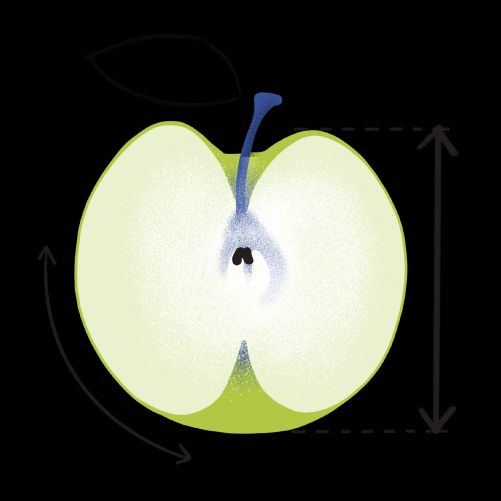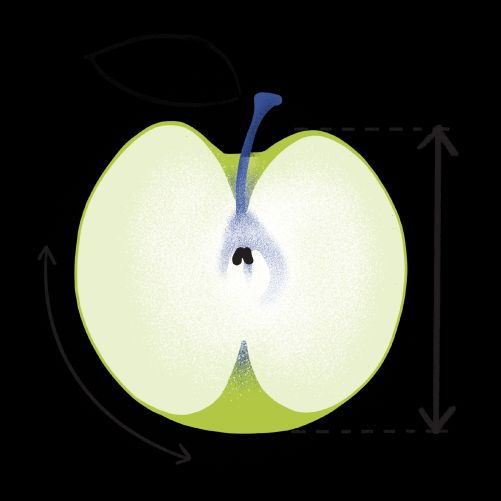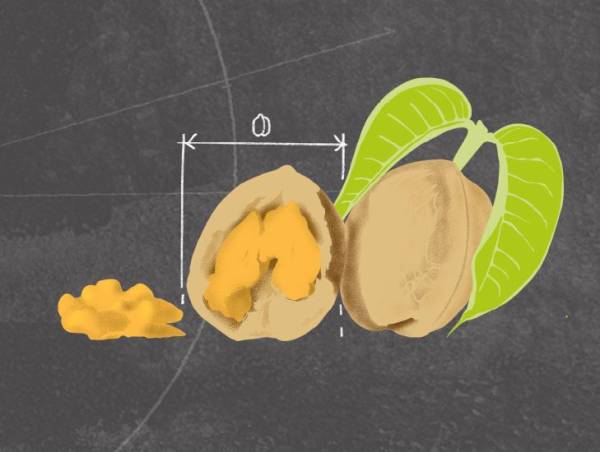While strength training is important for building muscle, so is consuming the right amount of protein. There has been continuous research and controversy about how much protein is needed to optimize muscle growth. In this Honest Nutrition feature, we discuss current research evaluating the role of protein in muscle growth and how much a person should consume each day.
This series of Special Features takes an in-depth look at the science behind some of the most debated nutrition-related topics, weighing in on the facts and debunking the myths.

Share on PinterestImage credit: Diego Sabogal
Protein is found in every cell and tissue in the body. While it has many vital roles in the body, protein is crucial for muscle growth because it helps repair and maintain muscle tissue.
The current recommended dietary allowance (RDA) to prevent deficiency in minimally active adults is 0.8 grams (g) of protein per kilogram (kg) of body weight. However, newer research suggests individuals trying to build muscle need more than this.
Consuming less protein than the body needs has been linked to decreased muscle mass. In contrast, increased protein intakes above the RDA may help increase strength and lean body mass when paired with resistance exercise.
Why is protein important for building muscle?
Protein is made up of amino acids that act as building blocks for cells and tissues in the body. There are 20 amino acids that combine to form proteins.
While some can be synthesized by the human body, others cannot. The nine amino acids that the body cannot make are called essential amino acids. These must be obtained through diet.
When a person eats protein, it is digested and broken down into amino acids, which are involved in many processes in the body, including tissue growth and repair, immune function, and energy production.
Like other body tissues, muscle proteins are continuously broken down and rebuilt. In order to build muscle, a person must consume more protein than what is broken down. This is often referred to as a net positive nitrogen balance, as protein is high in nitrogen.
If a person is not consuming adequate amounts of protein, their body tends to break down muscle to provide the body with the amino acids needed to support body functions and preserve more important tissues. Over time, this can lead to decreased muscle mass and strength.
Lastly, the body uses amino acids for muscle protein synthesis (MPS), the primary driver of muscle repair, recovery, and growth after strenuous exercises.
How much protein do you need?
According to the 2020-2025 Dietary Guidelines for Americans, most healthy adults over 19 years old should get between 10-35% of their daily calories from protein. One gram of protein provides 4 calories.
This means that a person who eats 2,000 calories per day would need to consume between 50 and 175 grams of protein per day.
The current RDA of 0.8 g per kg of body weight for protein is based on the amount required to maintain nitrogen balance and prevent muscle loss. However, extending these recommendations to active individuals who are looking to build muscle may not be appropriate.
When it comes to building muscle mass, the ideal amount of daily protein a person should consume varies depending on several factors, including age, gender, activity level, health, and other variables.
However, several studies have given us a good idea of how to calculate the amount of protein adults need for muscle gain based on body weight.
What do studies say?
While most studies agree that higher protein intakes are associated with improvements in lean body mass and strength when combined with resistance training, the optimal amount of protein required to build muscle remains controversial.
Here is what the latest research says.
One 2020 meta-analysis published in the journal Nutrition Reviews found that protein intakes ranging from 0.5 to 3.5 g per kg of body weight can support increases in lean body mass. In particular, researchers noted that gradually increasing protein take, even by as little as 0.1 grams per kilogram of body weight per day, can help maintain or increase muscle mass.
The rate of increase in lean body mass from higher protein intakes rapidly decreased after 1.3 g per kg of body weight was exceeded. Strength training suppressed this decline. This suggests that increased protein intake paired with strength training is best for gaining lean body mass.
Another 2022 meta-analysis published in the journal Sports Medicine concluded that higher protein intakes of around 1.5 g per kg of body weight daily paired with resistance training are required for optimal effects on muscle strength. Researchers noted that the benefits of increased protein intake on strength and muscle mass appear to plateau at 1.5 to 1.6 g per kg of body weight per day.
Lastly, one 2022 systematic review and meta-analysis published in the Journal of Cachexia, Sarcopenia, and Muscle concluded that a protein intake of 1.6 g per kg of body weight per day or higher results in small increases in lean body mass in young, resistance-trained individuals. The results on older individuals were marginal.
Notably, 80% of studies examined in this review reported participants consuming a minimum of 1.2 g of protein per kg of body weight per day, which is still higher than the current RDA. This may be a potential contributor to the decreased effects of protein intervention in combination with resistance training in older adults.
While it is difficult to give exact figures due to varying study results, the optimum amount of protein for muscle-building appears to be between 1.2 and 1.6 g per kg of body weight.
This means a 180-pound (81.8 kg) male, for example, would need to consume between 98 and 131 g of protein daily, combined with resistance training, to support muscle growth.

More in Honest NutritionView All

Not all plant-based diets are the same: Junk veggie food and its impact on healthBy Amber Charles Alexis, MSPH, RDN

Is it better to eat several small meals or fewer larger ones?By Lindsey DeSoto, RDN, LD

Intermittent fasting: Is it all it's cracked up to be?By Amber Charles Alexis, MSPH, RDN
What are the best protein sources?
A person can meet their daily protein needs by eating animal and plant-based protein sources.
Animal-based protein sources include:
- lean meats (beef, pork, or lamb)
- poultry
- eggs
- fish and seafood
- dairy products
- whey protein powders.
Plant-based protein sources include:
- beans
- peas
- nuts
- lentils
- seeds
- soy products
- plant-based protein powders.
Some nutritionists consider animal protein sources to be better than plant-based protein sources when it comes to building muscle mass. This is because they contain all the essential amino acids the body needs in sufficient amounts. They are also easy to digest.
Some plant-based proteins are less bioavailable and harder to digest. They also have varying amino acid profiles. However, individuals who opt for plant-based diets can easily supplement by eating more overall protein, and opting for a variety of foods.
To obtain all the necessary amino acids in a plant-based diet, individuals can pair ingredients such as rice and beans, hummus and pita bread, or peanut butter on whole wheat bread.
One notable exception is soy, which is highly bioavailable, has a good profile of amino acids, and is easy to digest.
How much protein is too much?
Doctors generally agree that healthy adults can safely tolerate a long-term protein intake of up to 2 g per kg of body weight per day without any side effects. However, some groups of people, such as healthy, well-trained athletes, may tolerate up to 3.5 g per kg of body weight.
Most research suggests that eating more than 2 g of protein per kg of body weight per day can cause health issues over time.
Potential risks
Symptoms of excessive protein intake include:
- intestinal discomfort
- nausea
- dehydration
- fatigue
- weight gain
- irritation
- headache.
More severe risks associated with chronic protein overconsumption include:
- heart disease
- seizures
- kidney and liver injuries
- death.
Final word
When combined with resistance training, protein intakes above the current RDA can support muscle building.
The best way to meet your daily protein needs is by consuming lean meat, fish, beans, nuts, and legumes.
Since the optimal amount of protein a person needs depends on age, health status, and activity level, consider speaking with a healthcare provider or a registered dietitian to discuss how much protein is suitable for you.

More in Honest NutritionView All

Not all plant-based diets are the same: Junk veggie food and its impact on healthBy Amber Charles Alexis, MSPH, RDN

Is it better to eat several small meals or fewer larger ones?By Lindsey DeSoto, RDN, LD

Intermittent fasting: Is it all it's cracked up to be?By Amber Charles Alexis, MSPH, RDN





